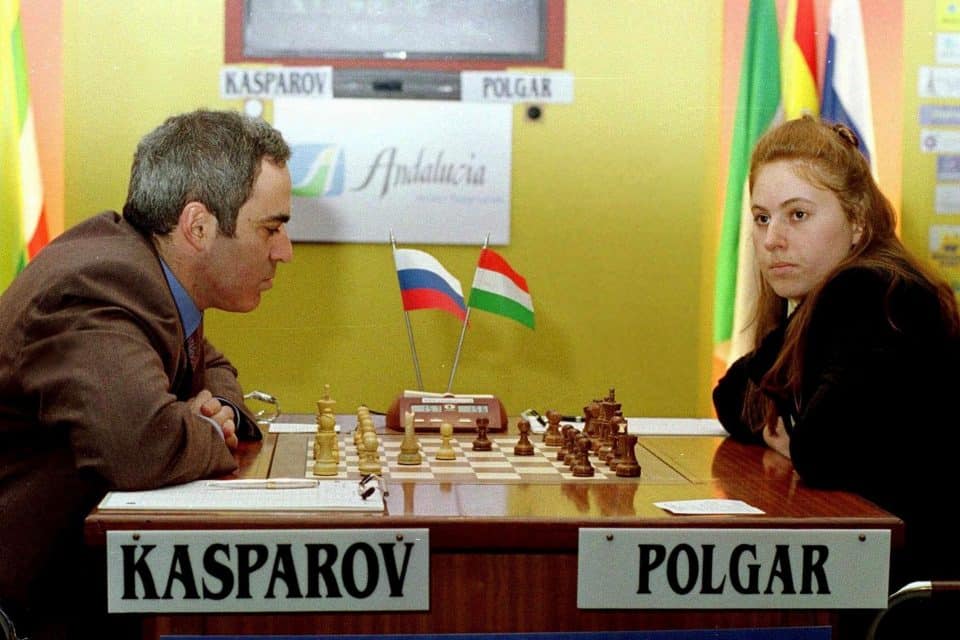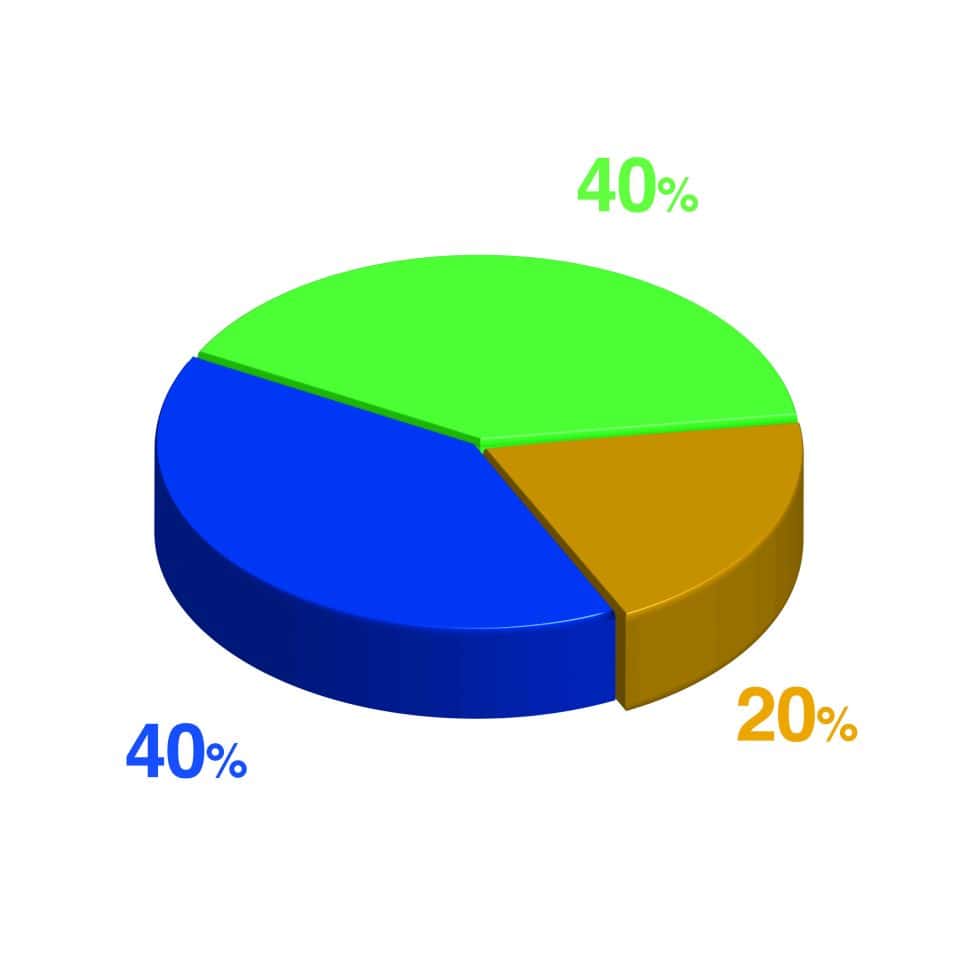You’ve probably heard of the World Chess Championship, but did you know there are actually separate championships for men and women? At first glance, this seems strange. After all, chess is a game of the mind, not the body. Physical differences between the sexes shouldn’t matter. Yet time and again, we see women’s champions struggle against top male players. The truth is, the gender gap in chess skill has been stubbornly persistent. While the reasons are complex, it comes down to a combination of biological, cultural, and socioeconomic factors. Before you dismiss women’s chess as an unnecessary division, it’s worth understanding why the gender gap exists and what’s being done to close it. The story of women’s chess is one of determination in the face of discouragement, and gradual progress against the odds.
The History of Gender Separation in Chess
Chess has been a male-dominated game for centuries. As early as the 15th century, female players faced barriers to participation, including outright bans from competition. It wasn’t until the late 1800s that women began to make inroads, but they were still excluded from top events.
A Separate but Unequal Path
In the early 1900s, women’s chess clubs and championships started emerging. The first Women’s World Chess Championship was held in 1927. However, the women’s titles and events were considered inferior. The top female players received little recognition or respect compared to their male counterparts.
This discrimination led women champions like Nona Gaprindashvili to protest the unequal treatment.
In 1978, Gaprindashvili became the first woman to receive the men’s Grandmaster title, helping to legitimize women’s chess. Still, women were barred from competing for the overall world championship.
The Modern Era
Today, women can compete in open tournaments and for the same titles as men. However, separate women’s championships and titles continue, in part due to the legacy of past discrimination and ongoing gender gaps at the highest levels of chess. Proponents argue that women’s events encourage more female participation and spotlight accomplished women players. Critics counter that separation perpetuates the view that women cannot truly compete with men.
While the debate continues, women’s chess has made huge strides. The women’s world champion, like the current title holder Ju Wenjun, is a role model for girls around the globe interested in the game of kings and queens. The future is bright for women in chess.
Do Biological Differences Affect Chess Ability?
Do men really have a biological advantage when it comes to chess? The answer isn’t clear cut.
Brain structure
Some studies show small differences in male and female brain structure, like men tending to have larger parietal lobes, which are involved in spatial tasks and mathematical ability. However, neuroscientists debate how much these translate into real-world advantages for certain skills. Chess also requires abilities that aren’t strongly linked to specific brain regions, like pattern recognition, memory, and logical reasoning.
Hormones
Testosterone may provide a boost in competitive scenarios, helping men focus and take risks. But chess requires patience and strategic thinking, not just aggression. Estrogen and oxytocin, which females have more of, are linked to social cognition and empathy – useful for anticipating an opponent’s moves.
How we’re socialized
The way boys and girls are socialized from an early age has a huge impact. Stereotypes suggest that boys are better at math and logic, while girls are more verbal and social. This can influence what activities children choose to pursue and how much they practice certain skills. If there are fewer female chess players and role models, young girls may be less likely to get involved in the game.
While some biological factors may provide a slight edge, there’s no evidence that they make men inherently better chess players. In reality, an individual’s environment, experiences, mindset, and motivation are far more significant in determining their ability and success. Separating tournaments by gender only serves to promote stereotypes, not create a level playing field. The truth is, chess championships should be open to all.
Socio-Cultural Factors That Impact Participation
Chess has historically been a male-dominated activity, though female players have made great strides in recent decades. Despite increasing participation, there are a few reasons why chess championships remain separated by gender.
Cultural stereotypes
Societal stereotypes portray chess as a game for boys and men. These stereotypes discourage many girls and women from even trying chess or advancing beyond casual play. Separate women’s championships help to counter these stereotypes by providing role models and a path to success for aspiring female players.
Fairness
Due to historical differences in participation, men have dominated serious chess competition. Separate women’s championships aim to level the playing field and provide more equal opportunities for women to achieve titles and success. As more women reach the highest levels of the game, the need for separate championships may decline. However, some argue that innate differences could also lead to continued separation.
Encouragement
Women’s championships give female players a chance to compete, gain experience, and win titles among their peers. This can help build skills, confidence, and a sense of progress to motivate women to continue improving at chess. Over time, the gap between top male and female players has narrowed, suggesting that such encouragement and opportunity can make a difference.
While controversial, separate women’s championships remain widely supported as a way to promote gender equity in chess. As cultural attitudes evolve and female participation increases, the need for such separation may lessen. But for now, women’s championships provide inspiration and a path for success in a game where women still face more obstacles to reach the top.
Arguments for and Against Gender-Segregated Tournaments
There are reasonable arguments on both sides of the debate over gender-segregated chess tournaments. Some of the main points in favor of separating men’s and women’s championships are:
- Historically, chess has been dominated by men, and segregated tournaments aim to provide more opportunities and spotlight for female players. By offering separate women’s titles and prizes, it encourages more girls and women to participate in chess.
- There is a perception that men have a natural advantage in chess due to biological differences, such as spatial skills. Separate tournaments aim to create a “level playing field” so women can compete on their own merits.
- Cultural and social factors may also discourage or disadvantage women in the male-dominated chess world. Segregated events aim to counter this by giving women their own space to compete without facing discrimination.
However, there are also arguments against gender segregation in chess:
- Separate women’s titles and prizes can imply women need special treatment or are less capable. Some see it as a form of prejudice that only reinforces stereotypes.
- There is little evidence that gender provides a significant innate advantage in chess. Many experts argue that with equal access and opportunity, women can compete with men at the highest levels.
- Segregated events reduce opportunities for women to gain experience playing against the top male players. This makes it harder for women to reach the same skill levels and earnings as their male counterparts.
- Separate women’s championships suggest the “real” world champions are the men. Some argue that as long as there are separate titles for women, they will never achieve true equality or equal prestige in chess.
Overall, there are good points on both sides of this complex debate. Achieving true gender equality in chess may require a balanced, nuanced solution.
The Future of Gender Equality in Chess
The chess world has come a long way in supporting gender equality and inclusion, but there is still more progress to be made. Separating championships by gender made sense historically, but some argue it may be time for more integration.
The Argument for Integration
Some believe that separating players by gender perpetuates the stereotype that women can’t compete with men mentally or intellectually. Integrating tournaments could help challenge this notion and set an example that people of all genders can participate and succeed at the highest levels of chess.
Integrated tournaments may also attract more interest and sponsorship. Currently, the prize funds and media coverage for women’s championships are significantly less than the open championships. If there was only one highest-level championship, the additional exposure and investment could help raise the profile of women in chess.
However, completely integrating championships also poses risks. There is still a significant rating gap between top male and female players, and women may struggle to qualify or face disproportionate elimination early on in open tournaments. This could further discourage girls and women from pursuing chess and damage the progress that has been made in recent decades to support women in the game.
A Balanced Solution
The solution that balances inclusion and support may be a gradual integration of some major championships, while still maintaining separate women’s titles and events. For example, having open qualification spots or wild cards for the top female players or requiring minimum female representation in invitational tournaments. Over time, as more girls start and stay with chess, the gender gap can narrow.
Chess has come a long way, but total gender equality remains an aspirational goal. With balanced and thoughtful progress, major championships may eventually become open to all, with people of all genders participating and succeeding at the highest levels. But for now, some separation still makes sense to continue supporting and encouraging female players in this traditionally male-dominated sport.
Conclusion: Why are Chess Championships Separated by Gender?
So there you have it. While the origins of gender-separated chess championships are complex with both social and competitive factors at play, the arguments for and against this practice remain unresolved. For now, women’s titles and tournaments will likely continue, though the line between open and women’s events may start to blur as more female players reach the top levels and compete for the same titles as men. The future of chess may be one where gender distinctions at the highest levels of play start to disappear. But that is for future generations to determine. For today, women’s championships provide an important platform and inspiration. And when it comes to the thrill of championship play and the human stories behind each move, does it really matter if the best player is male or female? At the end of the day, we are all just chess players.






join the conversation